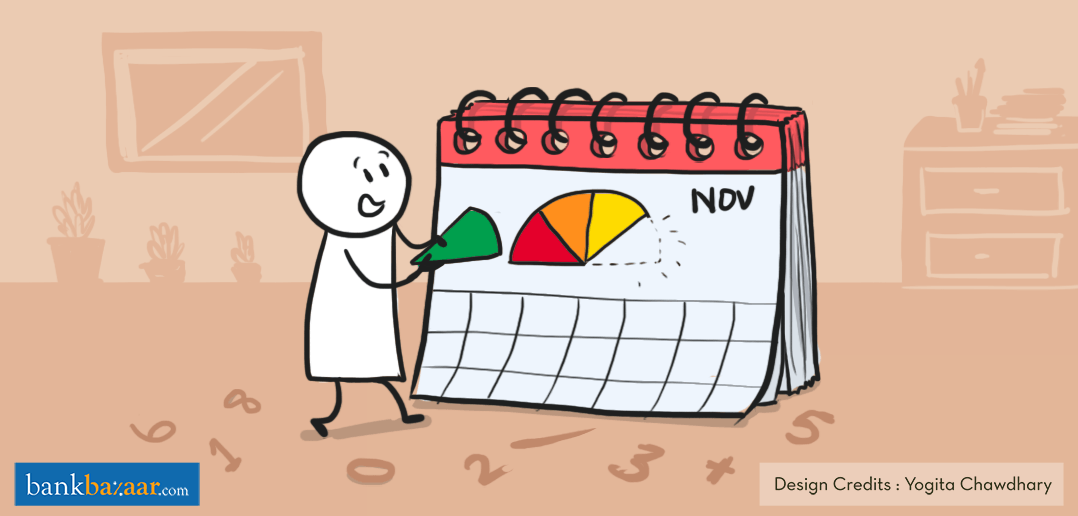Want to become a Credit Score pro? Here’s how you can monitor your credit report regularly and stay in tune with the latest changes in your Credit Score.

So, you’re probably familiar with your Credit Score and your credit report, but you may or not have a specific plan to track it on a long-term basis. Now, before you start to wonder why you need to track it often, here’s the reason:
Your Credit Score changes with every loan or Credit Card you take, every EMI or Credit Card bill payments you miss, and it also changes as your credit line ages, hence it just makes sense to keep a track of it every now and then to see if all’s good. What’s more? Your credit report may or may not contain errors, so it only helps to verify and see if all your credit information is accurate and error-free.
Convinced? Great! Now let’s get to it. The below steps can help you come up with your own Credit Score calendar. Ready? Let’s go!
Set A Monthly Date
Pick a day every month when you want to check your Credit Score. For example, if you’re planning to check your Credit Score on November 20th, make sure you check it again on December 20th, and so on. Doing so will help you monitor your Credit Score in an orderly manner.
Additional Reading: All About Your Credit Score
Know Your Monthly Check Points
Is checking your Credit Score enough? Not exactly. Apart from tracking the latest changes in your score, you could also view and go through your detailed credit report to see if any errors are present. Besides, reading your credit report is good for you in general, as you get to know what factors affect it.
Here’s a quick checklist for your easy reference:
- Changes in Credit Score
- Section-wise check
- Error check
Additional Reading: Why You Should Read Your Credit Report
Plan Out Your Credit Applications
One of the best things about checking your Credit Score regularly is that you’ll know when’s the best time to apply for a Credit Card, Personal Loan or Home Loan. How? Well, let’s say your current score is 680. Typically, experts recommend a Credit Score of at least 750 to maximise your chances of credit approval. So, since your Credit Score may not be ideal now, track it and delay your application until it improves.
Psst… here are some tips to make sure your Credit Score improves:
- Try and close out bad debts like an overdue Credit Card bill
- Make sure all your EMIs are being paid on time
- Check your credit report for error. If there are any, you can get them rectified and regain lost points
Additional Reading: Things You Should Know Before Checking Your Credit Score
Review Your Plan Every Quarter
Now that you have your monthly plan of monitoring your Credit Score, how do you identify whether it’s helping you or not? Simple; just review it every 3 months. Chart out how much your Credit Score has grown since you took charge of monitoring it. This will give you ideas on what else you can incorporate into your plan going forward. Remember, the power is in your hands!